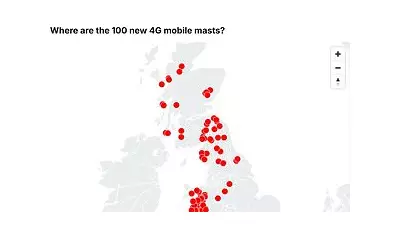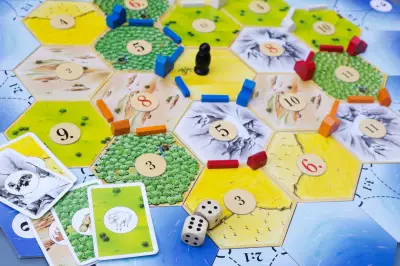
In an era where technology increasingly intersects with the most intimate aspects of human life, a new frontier has emerged: digital resurrection. Artificial intelligence is now being used to create eerily lifelike avatars of deceased individuals, offering bereaved families an unprecedented way to interact with lost loved ones.
The Rise of Deathbots
These so-called 'deathbots' utilise advanced machine learning algorithms to analyse a person's digital footprint - including social media posts, emails, voice recordings and videos - to reconstruct their personality, speech patterns and even physical mannerisms. The result is a digital entity that can hold conversations, share memories and, in some cases, offer comfort to those left behind.
Ethical Quandaries
While proponents argue these technologies help people process grief, critics raise profound ethical questions:
- Is this healthy mourning or digital necromancy?
- Who owns the rights to a deceased person's digital identity?
- Could this technology prevent proper emotional closure?
The UK's Growing Fascination
Britain has become a particular hotspot for this emerging industry, with several London-based startups offering 'digital immortality' services. The trend reflects both the UK's strong tech sector and its cultural preoccupation with memorialisation, from Victorian mourning jewellery to modern-day online memorials.
A Therapist's Perspective
"While these avatars can provide temporary comfort," says Dr. Eleanor Whitmore, a bereavement counsellor at King's College London, "we must be cautious about substituting genuine grief work with digital simulations. The danger lies in getting stuck in denial rather than moving through the natural mourning process."
What the Future Holds
As the technology improves, questions multiply about its long-term psychological impacts and societal implications. Some envision a future where multiple generations interact with AI ancestors, while others warn of a dystopian landscape where the dead never truly depart. What's certain is that as AI continues to evolve, so too will our relationship with mortality and memory.





